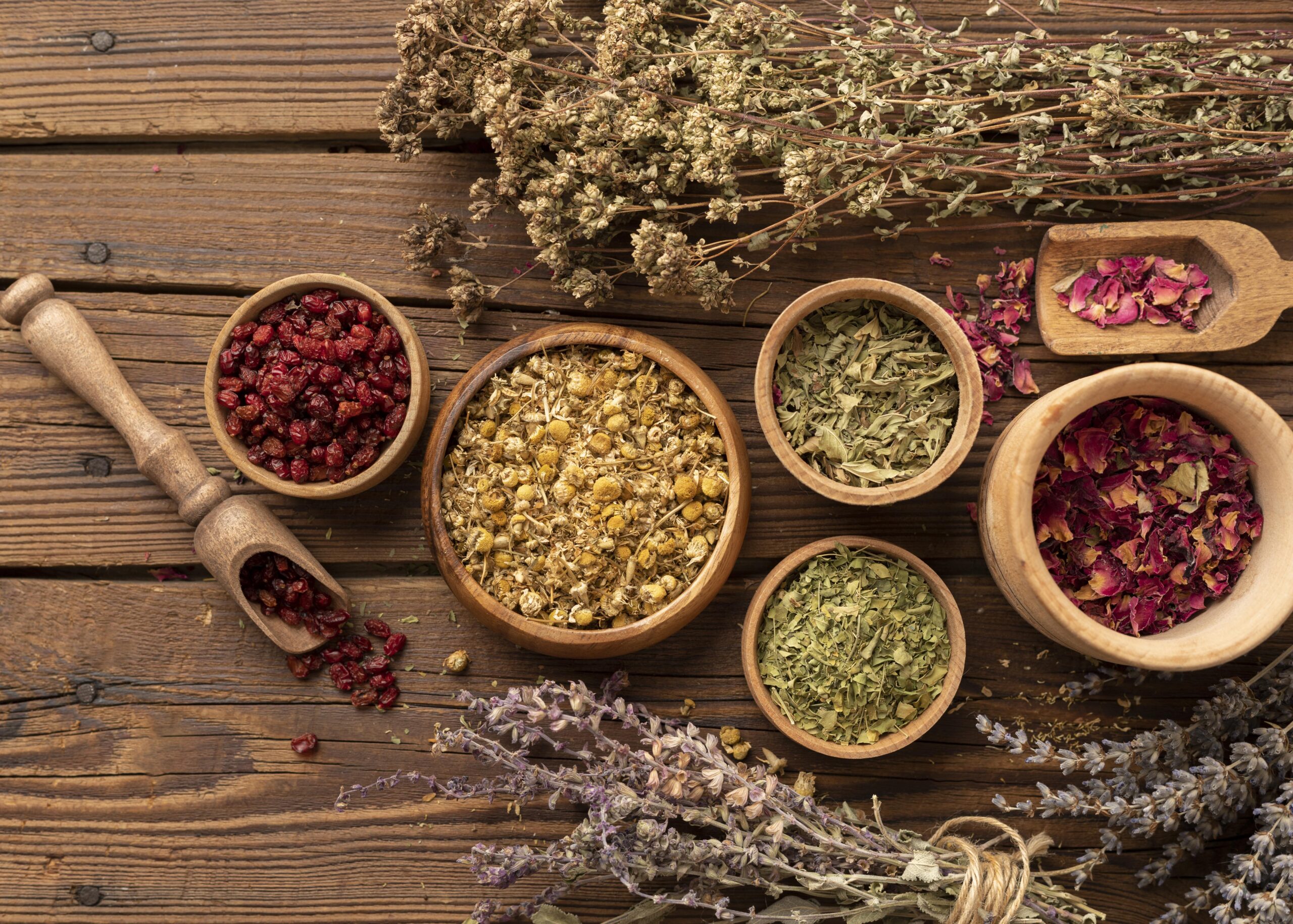Introduction:
In the realm of natural remedies, black seed oil has emerged as a powerhouse with a rich history dating back centuries. Derived from the Nigella sativa plant, this oil has been revered for its therapeutic properties in various cultures around the world. Join us on a journey as we explore the origins, cultivation, benefits, and potential side effects of black seed oil, supported by credible clinical research.
**History and Origin:**
Black seed oil, also known as Nigella sativa oil or kalonji oil, has a storied history that traces its roots to ancient civilizations. Revered by the ancient Egyptians, it is said that Cleopatra herself used black seed oil for its cosmetic and medicinal properties. The Prophet Muhammad is reported to have referred to black seed as “a remedy for every disease except death” in a Hadith, further contributing to its esteemed status in Islamic medicine.
**Cultivation and Growth:**
Black seed oil is predominantly sourced from the Mediterranean region, including countries like Egypt, Turkey, and Syria. The Nigella sativa plant thrives in warm climates and well-drained soil. Its delicate purple or white flowers give way to seed pods containing the small, black seeds from which the oil is extracted. The seeds are harvested once the pods have matured and turned brown.
**Benefits of Black Seed Oil:**
1. **Anti-inflammatory Properties:** Black seed oil contains thymoquinone, a compound with potent anti-inflammatory effects. This property makes it beneficial for conditions associated with inflammation, such as arthritis.
2. **Antioxidant Powerhouse:** Rich in antioxidants, black seed oil helps combat oxidative stress in the body, which is linked to various chronic diseases.
3. **Immune System Support:** The oil has immune-boosting properties that may enhance the body’s ability to ward off infections and diseases.
4. **Heart Health:** Studies suggest that black seed oil may contribute to cardiovascular health by reducing cholesterol levels and supporting overall heart function.
5. **Skin and Hair Benefits:** Applied topically, black seed oil is known to soothe skin conditions like eczema and psoriasis, while also promoting hair growth and maintaining healthy skin.
**Side Effects and Considerations:**
While black seed oil is generally considered safe for most people when used in moderation, it’s essential to be aware of potential side effects:
1. **Allergic Reactions:** Some individuals may be allergic to black seed oil, leading to skin rashes, itching, or respiratory issues.
2. **Blood Sugar Levels:** People with diabetes should monitor their blood sugar levels closely, as black seed oil may lower blood sugar.
3. **Pregnancy and Breastfeeding:** Pregnant and breastfeeding women are advised to exercise caution, as there is limited research on the safety of black seed oil during these periods.
4. **Digestive Issues:** In some cases, black seed oil may cause gastrointestinal discomfort, including nausea or upset stomach.
**Clinical Research:**
To substantiate the benefits and considerations surrounding black seed oil, let’s turn to reputable clinical research:
1. **Anti-inflammatory Effects:** A study published in the “Journal of Medicinal Food” (2016) found that thymoquinone in black seed oil exhibits significant anti-inflammatory effects.
2. **Cardiovascular Health:** Research in the “International Journal of Preventive Medicine” (2019) suggests that black seed oil may positively impact cardiovascular risk factors.
3. **Antioxidant Properties:** A study in the “Oxidative Medicine and Cellular Longevity” journal (2017) highlights the antioxidant potential of black seed oil in reducing oxidative stress.
Conclusion:
Black seed oil, with its deep historical roots and a myriad of potential benefits, continues to capture the attention of health enthusiasts worldwide. However, it is crucial to approach its usage with informed consideration and consult healthcare professionals, especially if you have underlying health conditions. As we delve deeper into the world of natural remedies, black seed oil stands as a testament to the enduring wisdom of traditional medicine and its potential to contribute to holistic well-being.



I was reading some of your blog posts on this internet site
and I think this website is real instructive! Keep on putting up.Expand blog